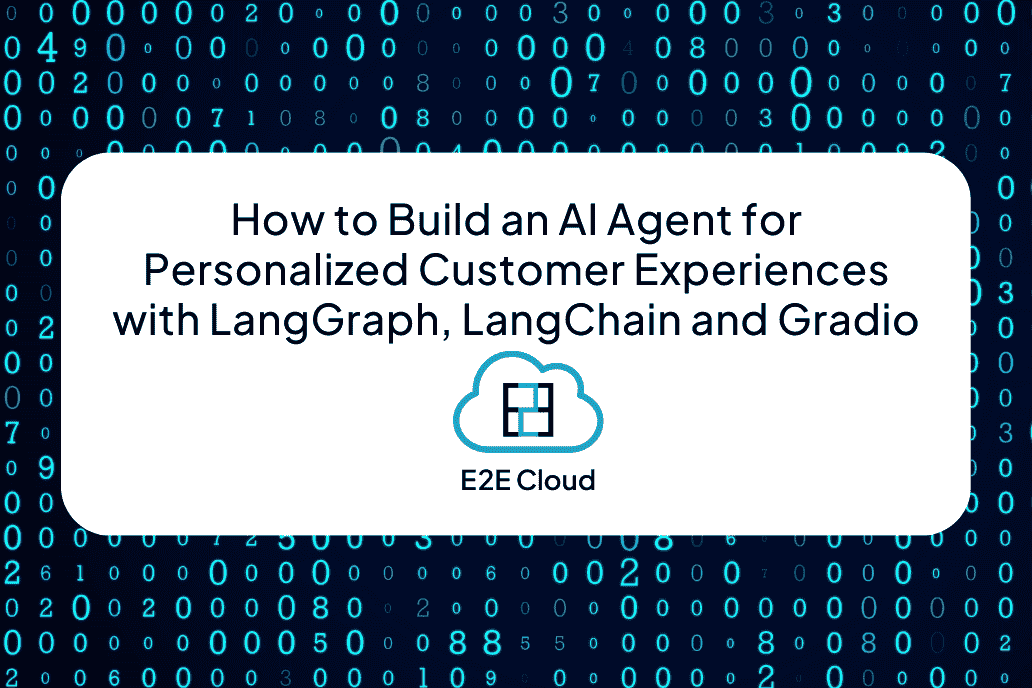In recent years, artificial intelligence (AI) has transitioned from a futuristic concept to an integral part of our daily lives. From voice assistants like Siri and Alexa to generative AI tools such as Midjourney, AI has become ubiquitous. However, with this rapid integration of AI, it is crucial to examine its ethical implications and prioritize responsible development and deployment, as emphasized by Prime Minister Narendra Modi during the B20 Summit India in August 2023.
Tarun Dua, CEO of E2E Networks, explores this topic extensively in his article featured on ABP Live. Let's explore the same here.
‘As we delve deeper into the possibilities that AI offers, it is essential to examine its ethical implications and prioritize responsible development and deployment.’ - Tarun Dua
The Challenge of Ownership: Who Owns AI-Generated Content?
One of the central ethical questions surrounding AI-generated content is ownership. Take, for instance, Midjourney, an AI tool that creates images from text prompts. Its user agreement raises a critical question: 'Whom does the content belong to?' The company’s policy allows commercial use by paying members but does not grant copyright ownership of the generated images. This issue highlights the need to address the ethical considerations of AI.
Ethical Considerations Around AI
- Authenticity: As AI algorithms craft text or images, distinguishing between human-created and AI-generated content becomes increasingly challenging, raising concerns about authenticity.
- Copyright: Ownership of AI-generated content is a complex issue. While AI systems produce the content, the input data often draws from existing works, blurring the lines of intellectual property.
- Bias and Misinformation: AI-generated content can perpetuate or amplify biases present in the data used for training, potentially leading to the spread of misinformation.
Addressing Ethical Concerns
To tackle these ethical challenges, several key considerations must be taken into account:
- Diverse and Representative Data: Ensuring that the data used to train AI algorithms is diverse and representative is essential to avoid perpetuating existing biases.
- Privacy and Data Security: Protecting user privacy and securing sensitive data should be a top priority in AI development.
- Explainability: Creating AI models that are explainable is crucial for accountability and trust. Users should be able to understand how and why AI arrived at a particular outcome.
- Human Supervision: While AI can automate tasks and enhance efficiency, certain decisions should remain under human supervision to prevent unintended consequences.
- Inclusivity: Designing AI systems with inclusivity in mind ensures accessibility for everyone, regardless of their socioeconomic background.
'In the context at hand, one is reminded of Brad Smith's book, “Tools and Weapons”. This book serves as a reminder that technology is a double-edged sword, and its impact depends on how we choose to use it.' - Tarun Dua









